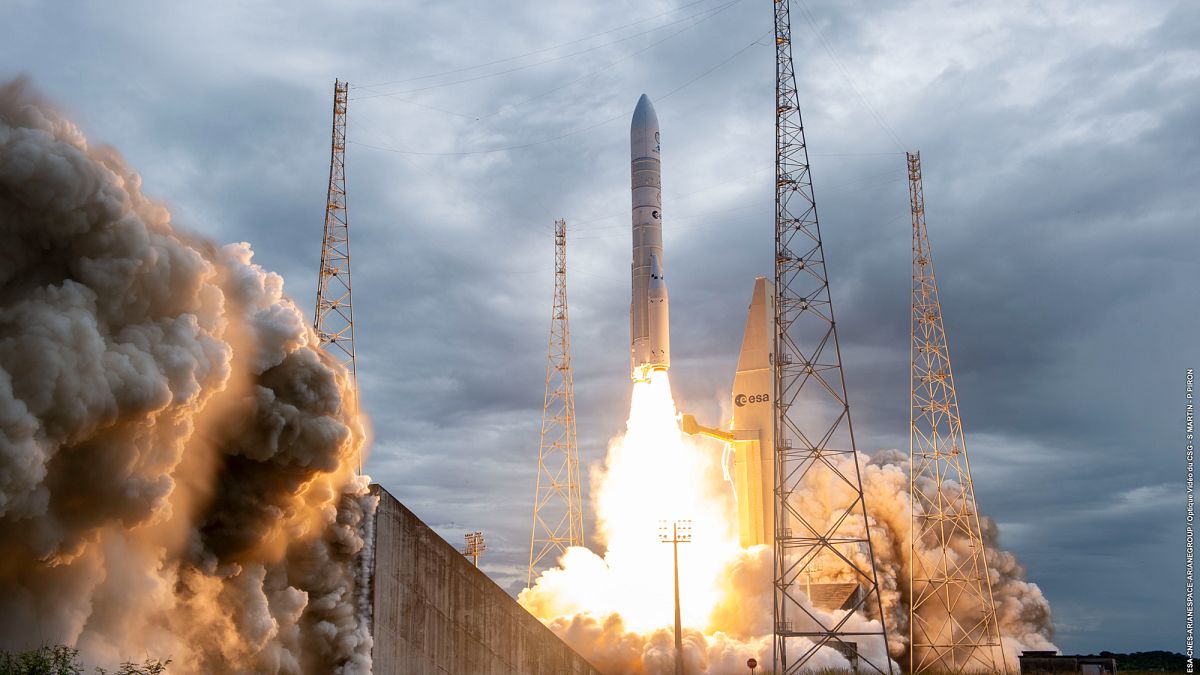

The recent days have borne witness to significant developments on the international stage, as the European Union, the United States, and Canada navigate an evolving global landscape. Each of these regional powers is engaged in actions that reflect their strategic priorities and collaborations, setting the tone for future interactions on diverse fronts.
In its bid to keep pace with global competitors like the United States and China, the European Union has unveiled a forward-thinking initiative aimed at cultivating a competitive single market for space services. This initiative underscores the EU’s ambition to fortify its standing in the rapidly growing space sector by creating a cohesive platform for both EU and non-EU operators, while specifically excluding military activities. Notably, the initiative is poised to provide much-needed support to small and medium-sized enterprises, ensuring that a wide array of stakeholders can participate and thrive in this innovative market.
Across the Atlantic, the visit of US President Donald Trump to the Netherlands for a NATO summit was marked by his distinctive choice of accommodations. Eschewing conventional luxury hotels, President Trump opted to stay at Huis Ten Bosch, the opulent Dutch royal palace. This unique decision provided a picturesque backdrop for his meeting with King Willem-Alexander and Queen Máxima, offering a blend of diplomacy and stately hospitality during the international summit.
The European Union also finds itself at a crossroads with potential changes to its regulatory framework on hazardous chemicals within cosmetics. Leaked proposals suggest a relaxing of existing stringent rules on cancer-causing chemicals, alongside a loosening of advertising restrictions for such products. Understandably, this has sparked concern among consumer advocacy groups, who stress the potential health implications. The balance between economic interests and consumer safety becomes a focal point as stakeholders engage in dialogue over the proposed adjustments.
Meanwhile, in a move reflecting shifting geopolitical alliances, Canada and the European Union have solidified their ties through a comprehensive defence pact. This partnership emerges amidst global uncertainties and perceived tensions with the Trump administration, as traditional allies reassess their strategies. The agreement not only promises enhanced support for Ukraine but also outlines avenues for cooperative efforts on pivotal issues like the climate crisis and advancements in artificial intelligence. Canada and the European Union’s collaborative stance highlights a mutual commitment to shared values and objectives, offering a stabilizing influence amid international flux.
As the world continues to navigate an intricate web of challenges and opportunities, the actions and partnerships of these influential players offer a window into the evolving dynamics that will shape our collective future. Each initiative underscores a keen awareness of the interconnected nature of today’s global environment, with a focus on innovation, diplomacy, and solidarity.
Source: {link}
